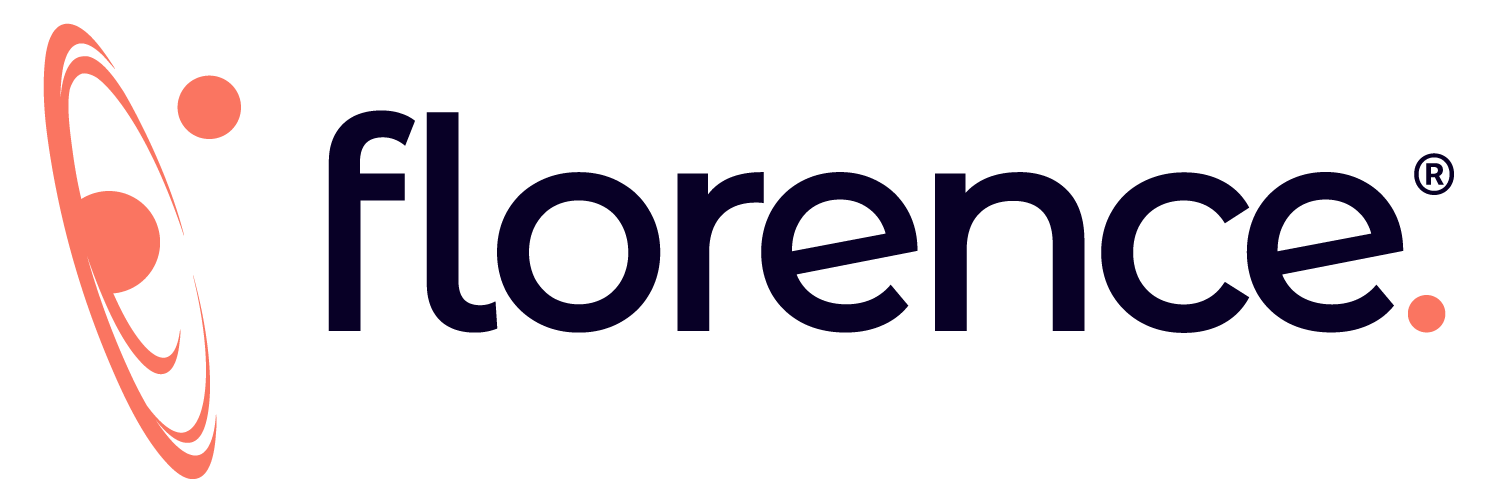Payers are changing how providers get paid — from fee for service to paying for performance. This transition will be at the center of healthcare change for the foreseeable future– not only for practitioners, but surprisingly, also for therapy development.

First, a little background. Pay-for-performance incentivizes providers with bonus payments as well as with punishing fees. CMS’s Value Based Purchasing Program is the largest force establishing pay for performance today. We’re also seeing private payors implement bundled payments—the combination of paying one price for a multifaceted treatment. This is most frequently applied to hospitalizations for acute illness, and requires achieving specific quality metrics.
The prescriptions themselves have been oddly absent from the pay-for-performance dialog. We expect that to change: If pay-for-performance is effective, we’ll see swings away from underperforming prescriptions. Then, as efficacy enters the spotlight, clinical development will change as well. Development may shift from proving efficacy in a controlled trial to proving out an entire treatment plan including home monitoring and measurement– making trials much more complex.
We’re starting to see the first examples, such as the Daiichi Sankyo + Partners Health collaboration of 2014. The partnership built a mobile app to serve as a coaching platform for patients with atrial fibrillation who have been prescribed oral anticoagulation therapy. The goal is to help improve patient adherence and compliance to medication, as well as foster feedback loops that connect the provider to the patient.
We expect to see more treatments like these, and if we do, these therapies’ clinical trials will have to manage additional complexity. They’ll have to account for data collection inside and outside of the clinic.They’ll have to handle biomarkers that measure the catalysts (in this case the app) as well as the treatments (in this case the pill).
Disturbingly, today’s trial data collection workflows can’t scale to accommodate this complexity. As such, we expect to see bundled payments create new clinical trial requirements and ultimately, new trial data management approaches.

